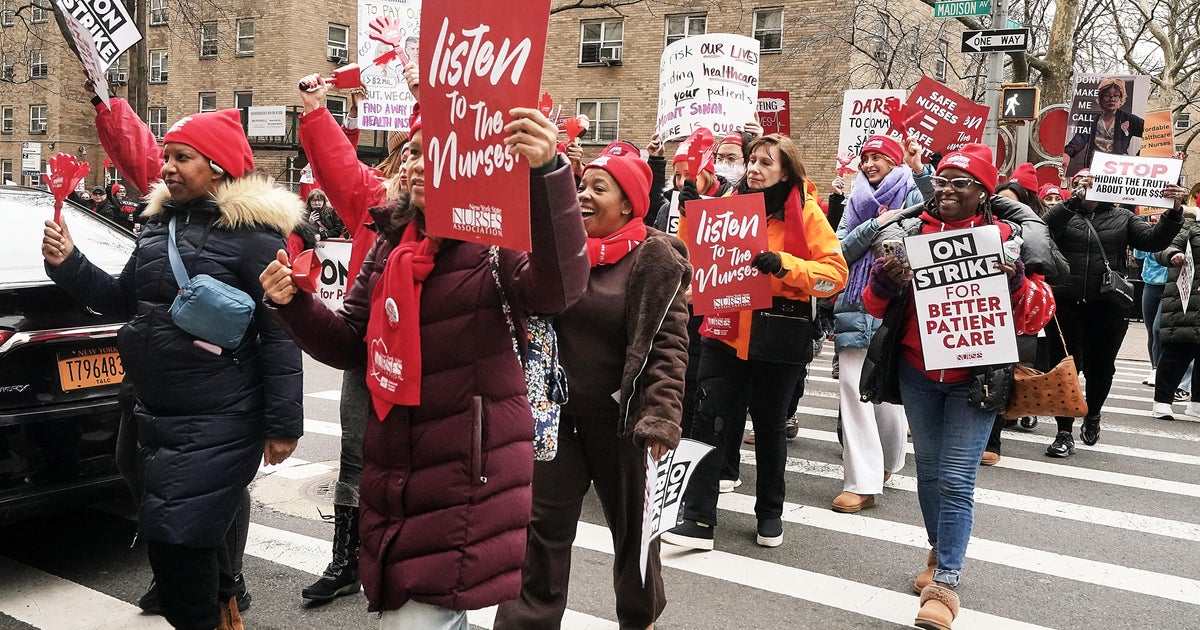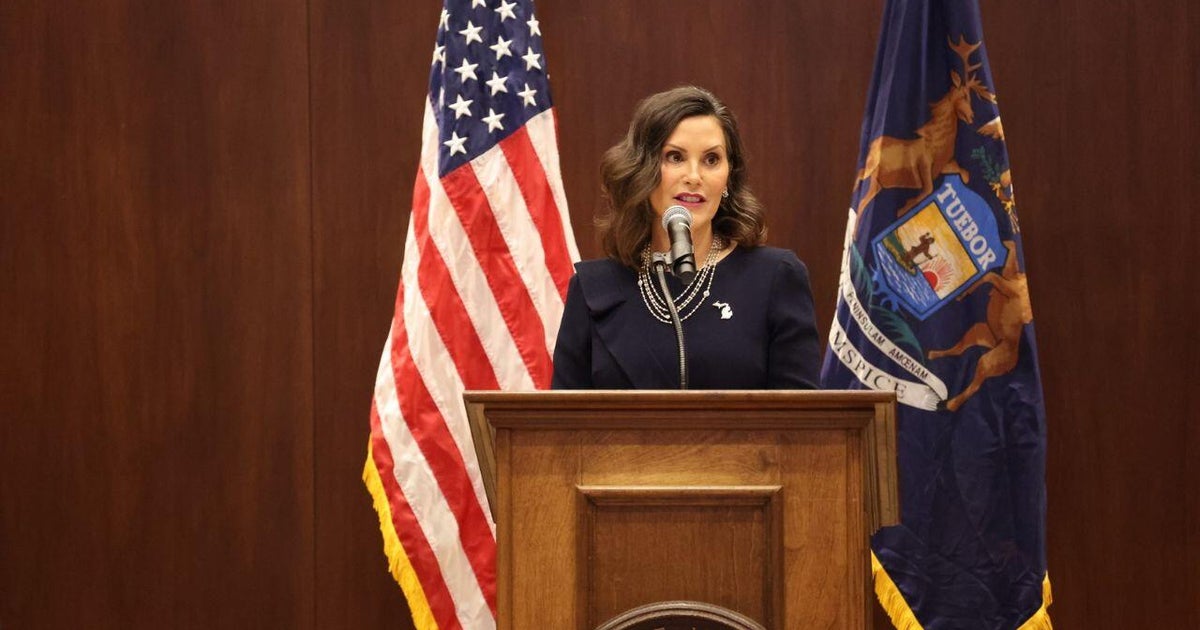Nursing Home Staffing Standards Revamped
TALLAHASSEE (CBSMiami/NSF) — Florida lawmakers gave final approval Monday to a plan that would change staffing standards in nursing homes, amid debate about how it would affect residents.
The Senate voted 28-9 to pass the bill (HB 1239), which was approved Friday by the House in an 80-31 vote. It is ready to go to Gov. Ron DeSantis.
The debate has centered on changes involving certified nursing assistants, who provide much of the hands-on care to nursing-home residents. The bill's opponents, including the state's long-term care ombudsman, the senior-advocacy group AARP and the Service Employees International Union, which represents nursing-home workers, have contended that it would lead to reduced care for residents, potentially leading to harm.
But Senate sponsor Ben Albritton, R-Wauchula, said he did not think it would endanger residents
"If I really, really believed that this was going to injure a resident, my name would not be on this bill," Albritton said Friday as the Senate took up the measure.
Lawmakers passed staffing standards in 2001 as part of a series of changes dealing with nursing homes. But the standards have long been controversial, and the nursing-home industry lobbied for the changes during this year's legislative session.
Supporters argued, in part, that the changes would help address staffing shortages that have led at least some nursing homes to leave beds empty because of a lack of workers.
"Our providers have, and continue to explore, every possible avenue to recruit, train and retain qualified health-care personnel, but the reality is that even with significantly increased hourly wages, there is a scarcity in the long-term care workforce," Steve Bahmer, president and CEO of the industry group LeadingAge Florida, said in a prepared statement Monday.
Current law requires that certified nursing assistants provide a minimum of 2.5 hours of direct care per resident per day. The bill would reduce that to two hours.
Also, current law requires that certified nursing assistants and licensed nurses provide a weekly average of 3.6 hours of direct care per patient per day. The bill would keep that 3.6-hour average, but it would allow time spent by other types of workers, such as physical therapists and occupational therapists, to be factored into the calculation.
During a House debate Friday, Rep. Anna Eskamani, D-Orlando, said certified nursing assistants have been "underpaid and overworked for years" and that the changes wouldn't help solve workforce issues.
"That's not going to attract more people to the field," Eskamani said. "I don't think it makes good economic sense."
Meanwhile, Rep. Carlos Guillermo Smith, D-Orlando, said the changes "will result in real harm."
But supporters said the bill would give more flexibility for nursing homes to meet the needs of residents, while also helping address the staffing shortages.
"I want to empower our elderly with the highest possible quality of life," House sponsor Lauren Melo, R-Naples, said.
Nursing homes and plaintiffs' attorneys have long battled, but this year's bill has been unusual because it had the support of the Florida Justice Association, which represents trial lawyers.
During a committee meeting last month, Blair Mendes, an attorney representing the association, said nursing homes have used the minimum 2.5-hour standard as a "shield" in defending against lawsuits. He said the bill would eliminate "some of the shields that nursing homes can use to avoid accountability in courtrooms."
(©2022 CBS Local Media. All rights reserved. This material may not be published, broadcast, rewritten, or redistributed. The News Service of Florida's Jim Saunders contributed to this report.)







